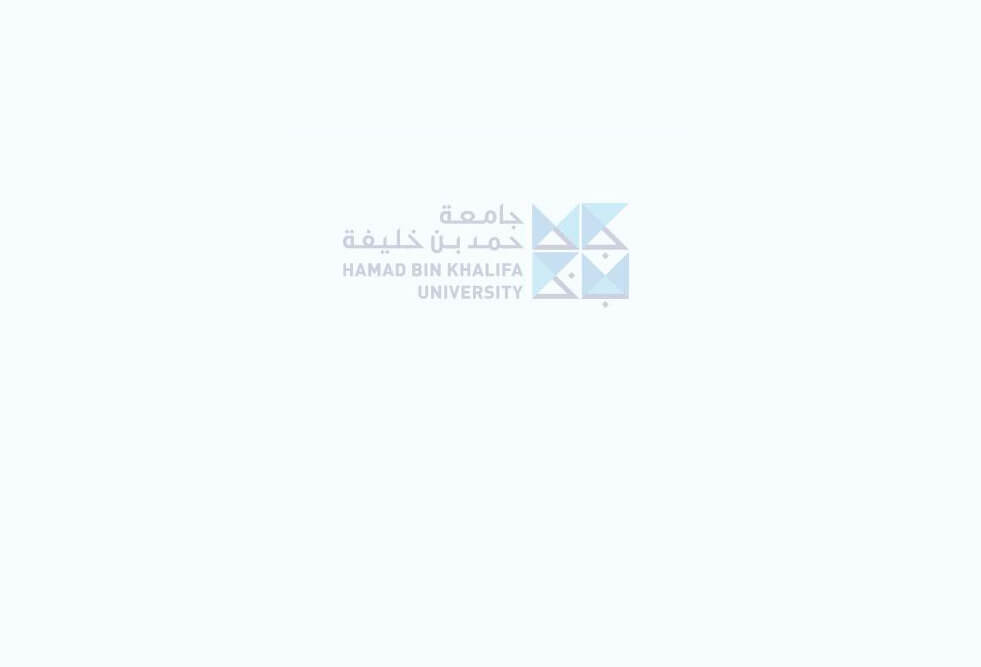
Qatar Computing Research Institute, one of Hamad Bin Khalifa University’s three specialized national research institutes, recently won the esteemed Open Source Software World Challenge 2015 Grand Prize for its humanitarian technology, “Artificial Intelligence for Disaster Relief (AIDR)”.
The annual competition is hosted by the Korean Ministry of Science, ICT, and Future Planning. QCRI’s winning AIDR project involved the creation of a system that aggregates and analyzes tweets and text messages related to disasters on a large scale, enabling individuals from humanitarian relief organizations, such as the International Red Crescent, to easily understand a situation in real-time.
In building the AIDR system, a team from QCRI collaborated with the United Nations Office for Coordination of Humanitarian Affairs (OCHA). It also received valuable input from the International Federation of the Red Cross, and Qatar Red Crescent. The project combines human interactions with artificial intelligence in order to automatically identify urgent and important information from social media mentions related to a disaster, thereby speeding up response times. After a team dealing with a humanitarian disaster identifies areas needing attention and action, the QCRI-developed system is able to sift through and auto-classify up to 30,000 tweets per minute. The system also provides quick and simple reports alerting humanitarian teams to trends that they may need to be made aware of.
An internationally recognized scholar and thought leader on social computing and its uses related to humanitarian technology and innovation, Dr. Jaideep Srivastava, Research Director for Social Computing at QCRI, commented on the win: “This prestigious global award, in which teams from around the world participate, recognizes the cutting edge science being done by QCRI, and is a great morale booster for our scientists and engineers. We are very proud of the team.”
The Open Source Software World Challenge is now in its 9th year and was primarily intended to promote open source software and expand various exchanges among open source software developers all over the world. The win by QCRI is the first time an institution within the Middle East region has won the award, with previous winning teams hailing from Stanford University, Carnegie Mellon University, Massachusetts Institute of Technology (MIT), Columbia University, the University of Oxford, and the National University of Singapore. Award winners were selected based on the broad applicability and potential impact, novelty, and technical depth of the submitted project, with this year’s competition involving 36 submissions from 19 countries.
Those interested in learning more about the AIDR project, as well as QCRI’s various other initiatives, are encouraged to visit http://www.qcri.com/our-research for more information.





